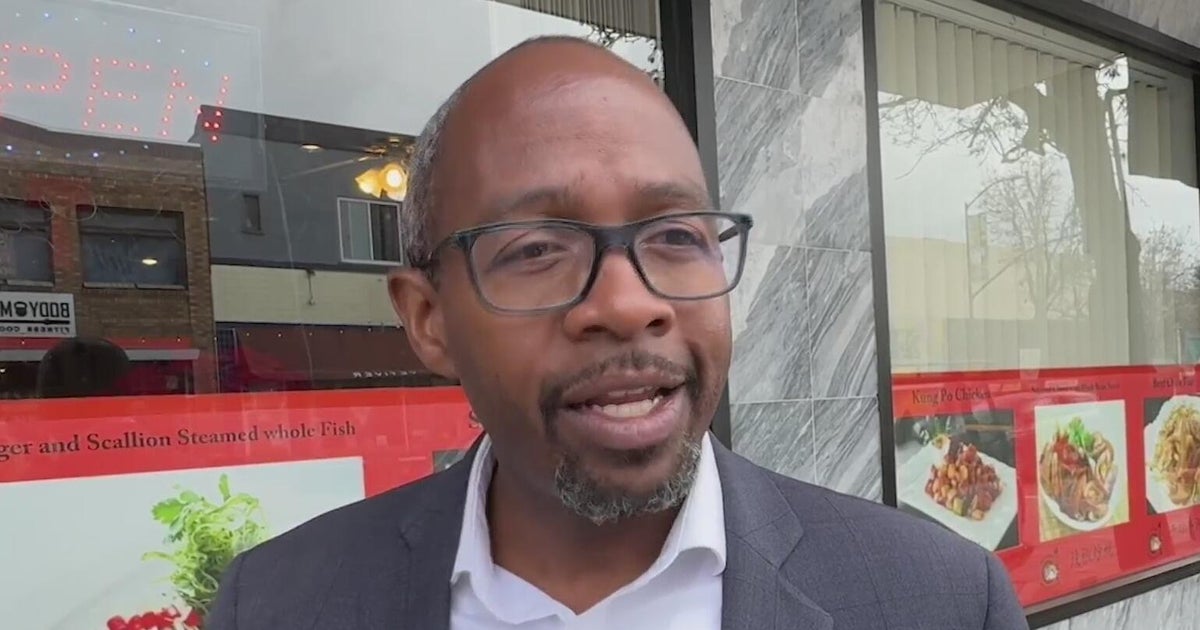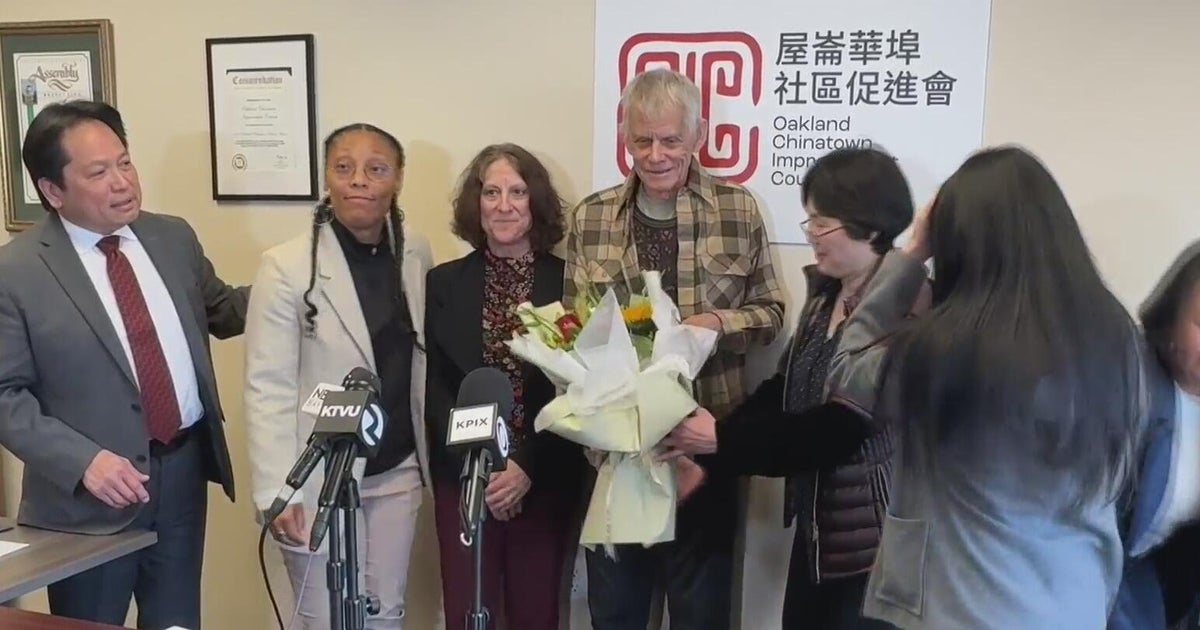Oakland voting for new mayor as ranked choice voting remains controversial
When voters hit the polls in Oakland's special mayoral election, they had more than one decision to make. Ranked choice voting has been used in Oakland since 2010, and it's led to some pretty interesting results.
But after 15 years, even its proponents admit the public still doesn't really understand it very well.
Ranked choice voting allows people to vote for their favorite but then list other candidates in order of preference. After the first count, if neither of the two leading candidates get more than 50% of the votes, they get to collect the "ranked" votes cast for them, in order, until one achieves more than half the votes and wins.
It sounds complicated, but it has an important advantage.
"The point of ranked choice voting is to eliminate the primary and then the runoff and have all of that happen at the same time," said Robert Ogilvie.
He represents a group called FairVote that promotes ranked choice around the country. Ogilvie said eliminating the run-off saves money and has been shown to make elections more inclusive, like when Jean Quan surprised everyone by becoming mayor in 2011.
She campaigned in an alliance with other candidates and defeated heavily-favored Don Perata, who admitted he didn't know how the system worked.
"Since the institution of ranked choice voting, every mayor who's been elected has been a woman," said Ogilvie. "And there had never been a female mayor in Oakland before that."
But Quan lost re-election four years later and recently Sheng Thao was turned out of office in a recall. UC Berkeley public policy professor Dan Lindheim thinks ranked choice had something to do with it.
"Since Sheng Thao only had a third of the votes as people who really supported her, it wasn't that hard to pull together 2/3 of the vote, because these people had already voted against her as a first-place candidate," he said.
Lindheim believes a ranked choice victory can set an official up for failure because they never had a broad enough base to begin with.
"And I believe that that's one of the most serious problems about ranked choice voting there's sort of a crisis of legitimacy," he said. "People don't really believe that the person who won on ranked choice voting deserved to win."
But it certainly has put a strange twist on the way people run for office, since it's important to appeal to other candidates' supporters.
Barbara Lee made a video campaigning for her lesser-known opponents in the mayoral race. And one of them, Elizabeth Swaney, also appeared in a video with Lee's chief opponent Loren Taylor.
"We are both running for Oakland mayor in the upcoming special election," said Taylor in the video. "But today we're teaming up for something even more important, making sure you vote," said Swaney.
Ranked choice voting has made for some pretty interesting elections. But Lindheim doesn't give it a very high grade for performance, so far.
"I would give it a D minus," he said. "I don't think, even after 14 years or 15 years, that people understand it."
And though he supports the process, Ogilvie had to agree.
"I think there's still some confusion," he said. "I think we could do a lot more education, especially in Oakland."
No one knows what will happen when they start counting the votes. But with ranked choice voting in place, it feels like just about anything is possible.




